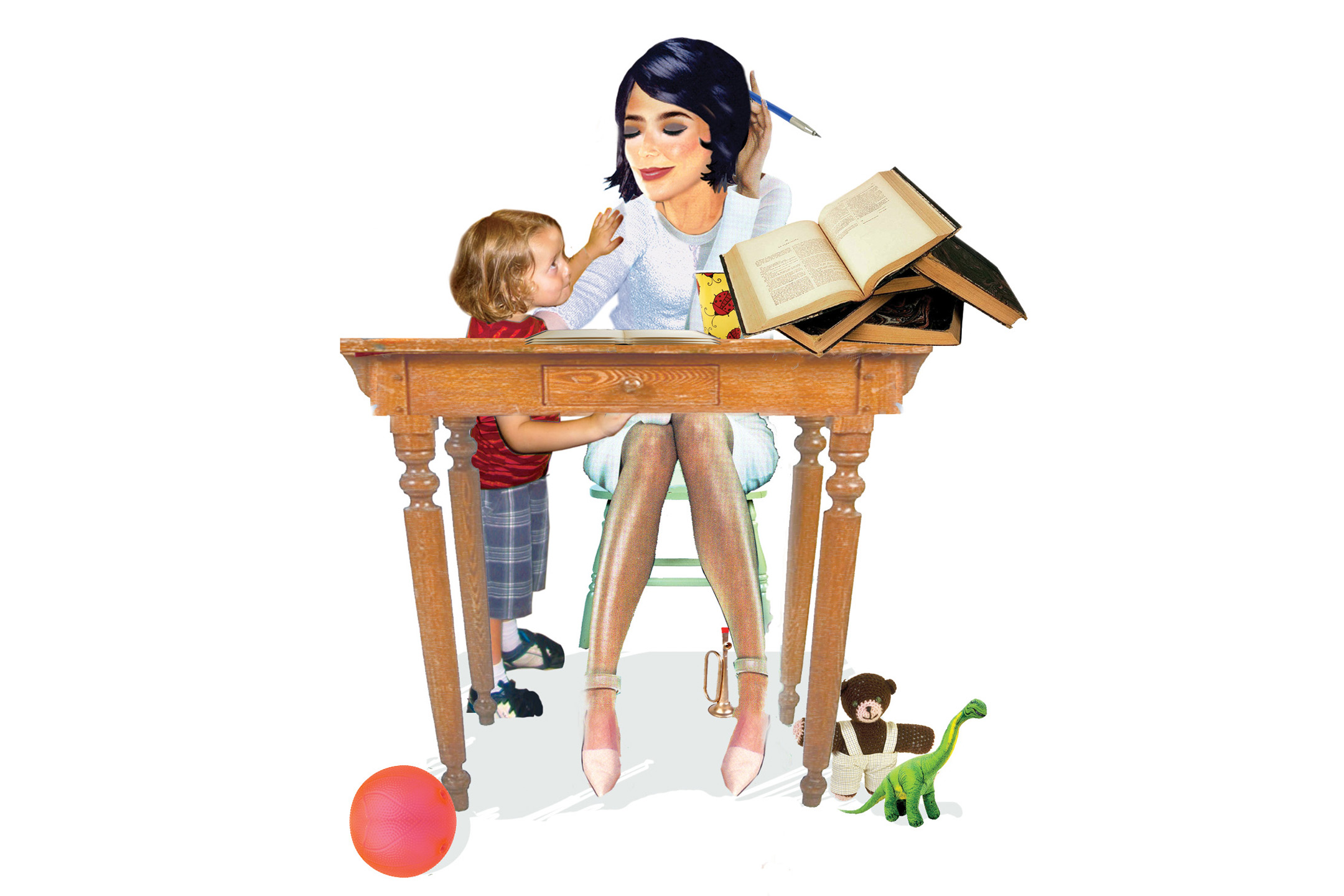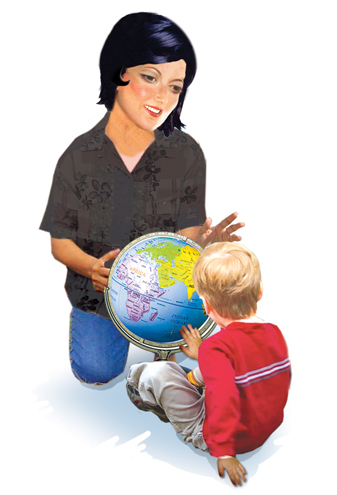
22 May Why Kids Ask So Many Questions — And Why It Matters
Dr Susan White looks at why young children ask so many questions — and why do they so often catch us off guard at the worst possible times?
As it turns out, their constant curiosity is more than a phase. It’s how they learn, grow, and make sense of the world around them.
The 3 am question
At 3 am, I am woken by my three-year-old son screaming, “Mummy! Quick, Mummy, quick!” Imagining vomit all over the bed or another impending disaster, I race into his room.
“What’s wrong?” I ask.
“Mummy, the sun’s gone. Where has the sun gone?” he says.
“The sun is sleeping, sweetheart. Now go back to sleep,” I respond.
“But where, Mummy? Where is the sun sleeping?” he persists.
“In the sky,” I reply.
“But I can’t see it,” he says. “Does the sun have a doona with dinosaurs on it like me? Where is the sun, Mummy?”
I am stumped. It’s 3 am and my head is full of sleep. I can’t find the words, logic or patience to explain planetary theory to a three-year-old. Part of me is wondering why this has to be discussed now, in the middle of the night. Part of me is cursing that I didn’t give a satisfactory answer when he asked the same question at dinner. And part of me is amazed at the ticking over of his thoughts, even in the middle of the night.
Why preschoolers ask so many questions
Preschool children ask hundreds of questions. Literally. Studies by US psychologist Professor Michelle Chouinard observed preschoolers talking with a parent and recorded more than 100 questions an hour. And kids seem to have a radar for the most difficult topics — death, sex, physics.
It’s no wonder parents can feel overwhelmed. But Professor Chouinard’s research showed that questions are an essential tool children use to learn. Even before they speak, children ask questions through gestures and sounds. Their questions help them fill in gaps in understanding or resolve conflicts between what they think and what they observe.
Questions show us what’s going on in their minds
Questions give us a glimpse into what’s capturing our child’s attention. We’ve all tried to teach something we think they should know, only to be met with glazed eyes. But when a child is curious, they’re ready to learn — and they use questions to lead the way.
Professor Chouinard’s interest in children’s questioning began when she was involved in a study where she couldn’t help children make a choice. She saw how they asked questions to figure things out and how frustrating it was for both parties when no answers were given. That discomfort sparked her research into how children use questions to learn — and how motivated adults are to respond.
Why questions stick better than lectures
Her research also shows that children remember answers to their own questions far better than unsolicited information. For example, my nephew paid no attention to my analysis of Barack Obama vs. Hillary Clinton but asked 20 questions about a footballer who urinated in public. Why is it okay in the toilet but not on the street? What about pools? Baths? Why do boys stand up to wee?
Not my ideal subject matter, but highly memorable for him.
 The four trickiest types of questions
The four trickiest types of questions
According to Professor Chouinard, the hardest questions tended to fall into one of four categories:
- Abstract: like “Why is the sky blue?” which requires concepts children aren’t ready to grasp
- Awkward: asked at the wrong moment, such as yelling “Why is that lady so fat?” in public
- Profound: big philosophical ideas like “What happens when we die?”
- The Inadequacy Trigger: questions we feel we should be able to answer — but can’t
One friend’s six-year-old son can rattle off capital cities with confidence. Every visit begins with a pop quiz: “What’s the capital of Brazil? Papua New Guinea? Guatemala?” I often fail the test and feel strangely inadequate.
Coming up…
So what can we do when faced with questions that stump us, embarrass us, or arrive before our morning coffee? In Part 2, we explore the most effective strategies for answering your child’s toughest questions — without needing to be a walking encyclopaedia.
Read Part 2: How to Handle Your Child’s Hardest Questions — Without Losing Your Mind
Illustrations by Angela Pellatt




